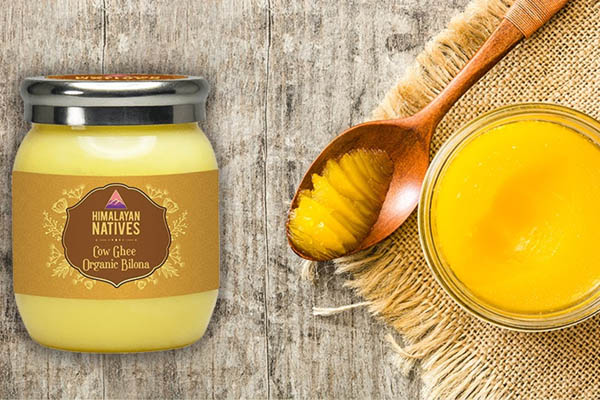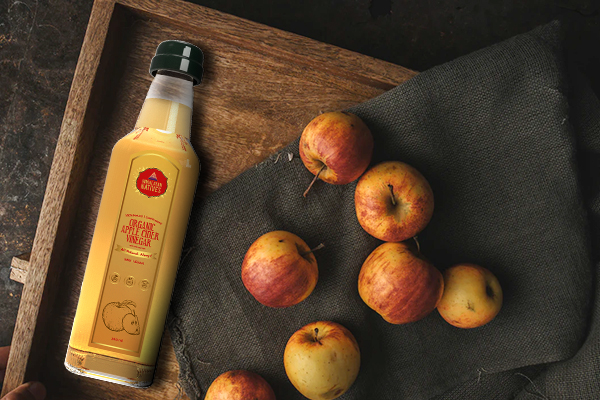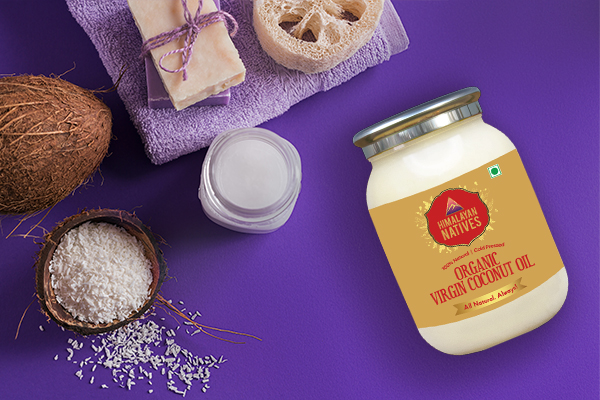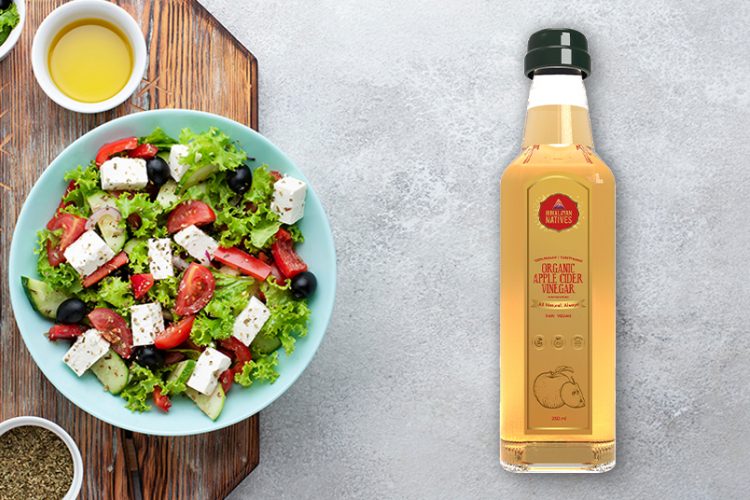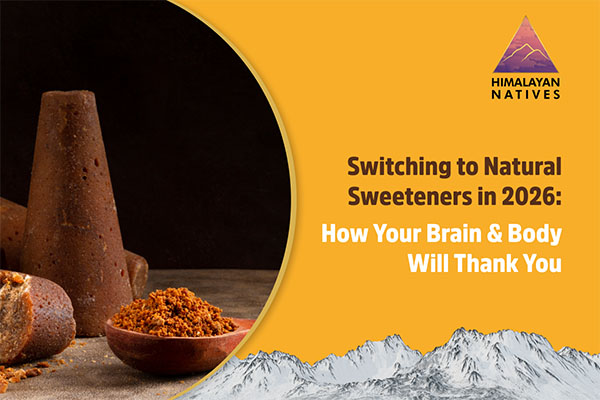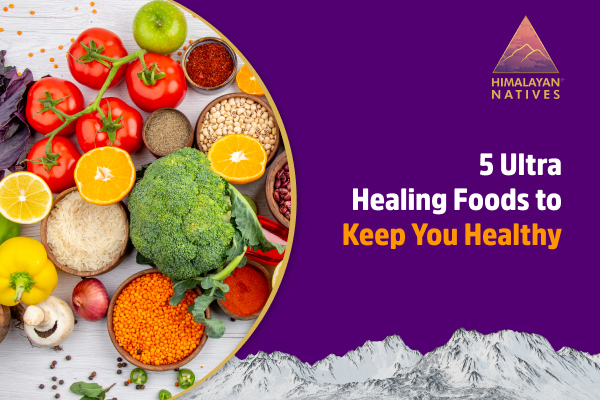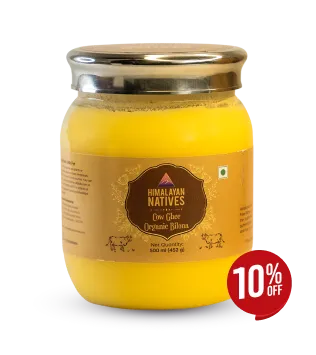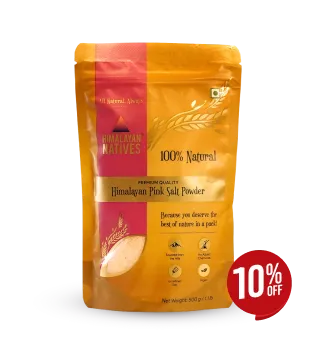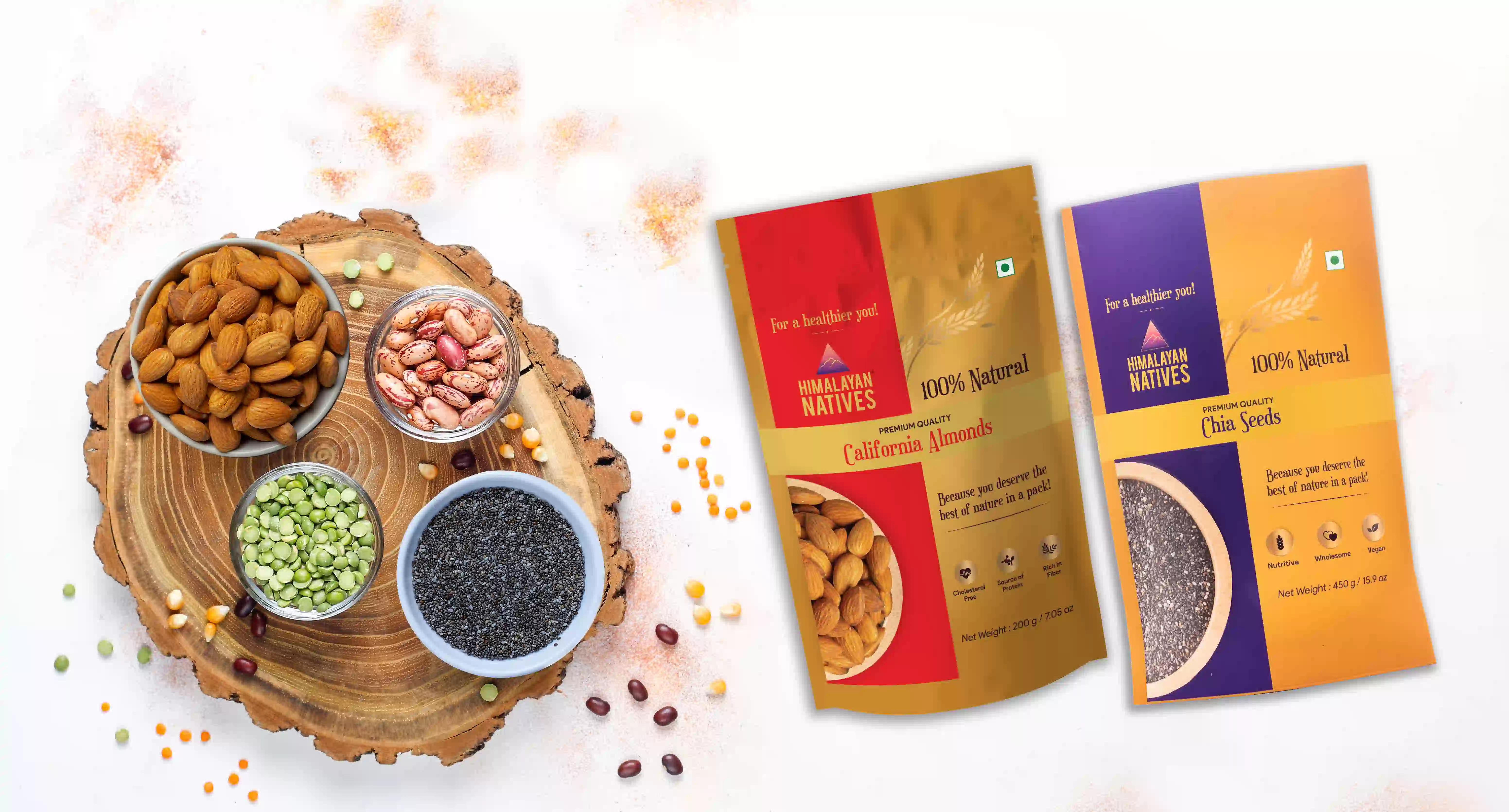
Ever wondered what exactly Veganism is? Veganism is a practice of avoiding the consumption and usage of animal products for food, clothing, furniture, and beauty. People choose to follow this lifestyle for health, environmental, and/or ethical reasons. A part of the vegan lifestyle is the vegan diet. A vegan diet consists solely of plant-based meals. All animal products, including meat, dairy, and eggs, are avoided by those who follow this diet. Some folks even avoid Pure honey. Fruits, vegetables, legumes, nuts, grains, and seeds are what vegans thrive on.
Many researchers suggest that a vegan diet has numerous health benefits. It is rich in many essential nutrients and low in saturated fats. A vegan diet is however thought of as a low protein diet by many people. People believe that without eating meat or milk products one cannot consume healthy proteins. However, this is not true. There are a variety of plant-based protein sources that can help achieve the daily protein requirement of the body. Nuts, grains, and legumes are rich in protein as well as many other nutrients that are useful to the body. Protein is also found in a variety of fruits and vegetables and also in.
In this healthy food blog, we will look into the best natural foods that are excellent sources of proteins when on a vegan diet.
Proteins for Vegans
Proteins for vegans can be found in many healthy foods that can be a part of your daily vegan diet. These foods not just provide abundant proteins but also other healthy nutrients. The best part of these foods is that they can be easy substitutions for meat-based products. Let’s start with the first one shall we?
Soy
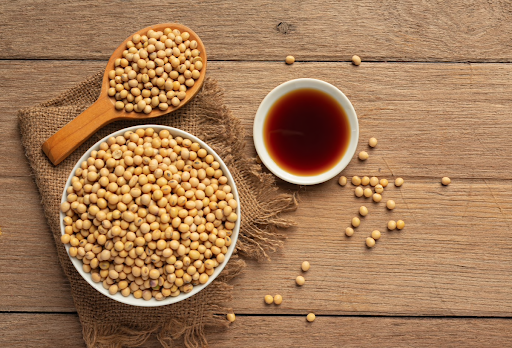
Soy products are one of the most protein-dense foods in a vegan diet. The amount of protein in soy depends on how it is prepared. The protein content of firm tofu (soybean curds) is roughly 10g every 12 cups. There is 8.5g of protein in every 12 cups of edamame beans (immature soybeans). Every 12 cups of tempeh have roughly 15g of protein. Tofu absorbs the taste of the dish in which it is cooked, making it a flexible addition to any meal.
In some cuisines, such as kung pao chicken and sweet and sour chicken, tofu is used as a meat alternative. It is a great substitute in terms of both taste and nutrition. These soy products are also high in calcium and iron, making them healthy alternatives to dairy products.
Pulses
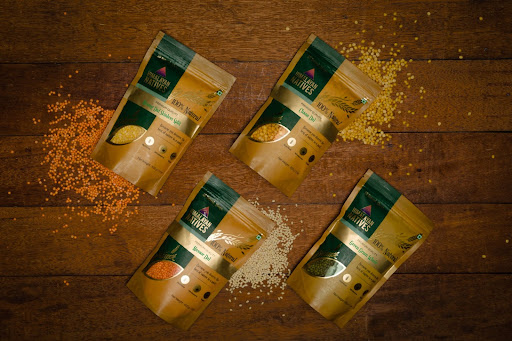
All beans, peas, and lentils are considered pulses since they are edible seeds that grow in pods. These are a terrific low-fat, low-cost source of plant protein that offers a lot of variation. Pulses include the following:
- Puy, green, and red lentils (roughly 8-9 g of protein per 100 gms.)
- Chickpeas (7 g of protein per 100 g)
- Garden peas (about 7g per 100g)
- Black-eyed, pinto, butter, cannellini, soya, edamame, and kidney beans (7-10 g of protein per 100 g)
- Baked beans are a good source of protein, but be aware of the salt content ( 5 g per 100 g)
Are you looking for natural and healthy pulses? Himalayan Natives offer the best options. Their pulses like chana dal (chickpeas), moong dal, and urad dals work well in a vegan diet. These natural pulses also are of premium quality. To assure the purity of every grain, it is grown and harvested using the strictest quality control standards. Pulses like chana dal also deliver other nutrients. You can gain nutrients like iron, calcium, potassium, and magnesium that the body requires. These pulses are necessary for good health and sustenance. The ideal daily dosage of health and flavor to brighten your days and meals!
Almonds

Almonds have 16.5 g of protein in a 12-cup serving. They also contain a lot of vitamin E, which is beneficial to the skin and eyes. Almonds can be used for creating many vegan foods. With just a single cup of almonds, we can make almond milk, almond butter, and almond flour. They also serve as a great snack filled with healthy nutrients in a vegan diet
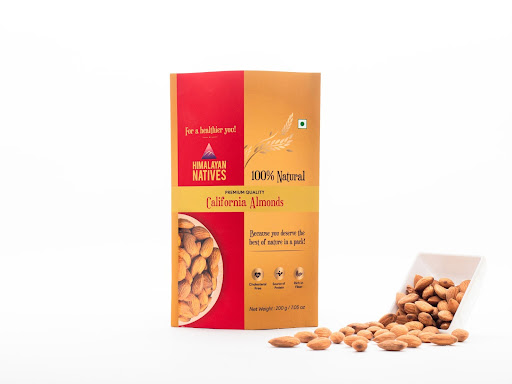
If you're looking for premium and healthy almonds, Himalayan Natives is your one-stop-shop for 100% natural almonds and other natural food products. Almonds are high in protein, manganese, vitamin E, and omega-3 fatty acids. They're used to make almond milk, almond butter, almond oil, and even almond flour, which are all popular in vegan diets.
Quinoa
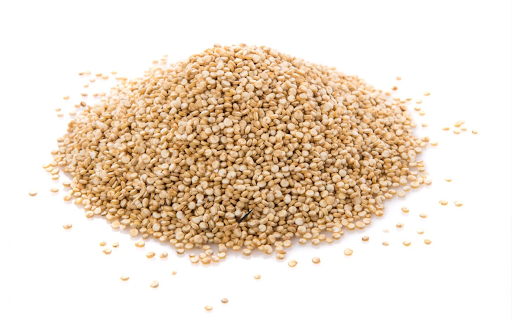
Quinoa is a gluten-free grain that can substitute for starchy grains. In a cup of cooked quinoa, there are 8 g of protein. Other minerals included in this grain include magnesium, iron, fiber, and manganese. It's also extremely adaptable. Quinoa can be used as a pasta substitute in soups and stews. It can be served as a side dish, salad, or as the main course.
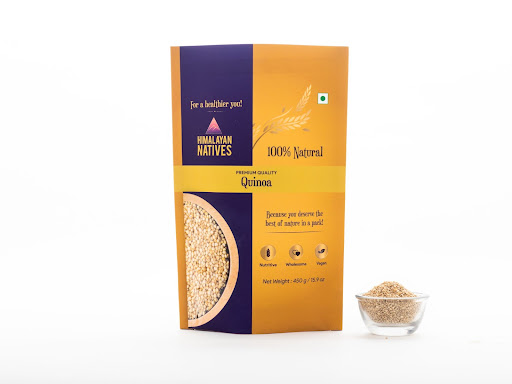
If you’re looking to buy quinoa online, Himalayan Natives have got your back. Our quinoa is a gluten-free, whole-grain carbohydrate that also happens to be a complete protein, containing all nine essential amino acids. Fiber, magnesium, B vitamins, iron, potassium, calcium, phosphorus, vitamin E, and other antioxidants are also abundant. Quinoa also has a low glycemic index, which helps with blood sugar regulation.
Chia Seeds
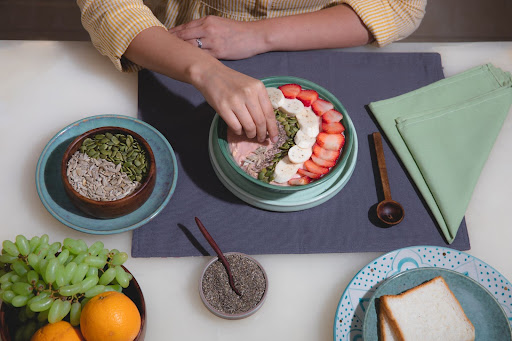
Seeds are low-calorie foods that are high in fiber and Omega-3 fatty acids, which are good for your heart. Chia seeds are a complete protein source, with 2 g of protein per tablespoon. Chia seeds can be thrown into a smoothie, sprinkled on top of plant-based yogurt, or soaked in water or almond milk to produce a pudding.
Also read: Chia Seed Recipes: Make Chia Pudding Like A Gourmet Chef!
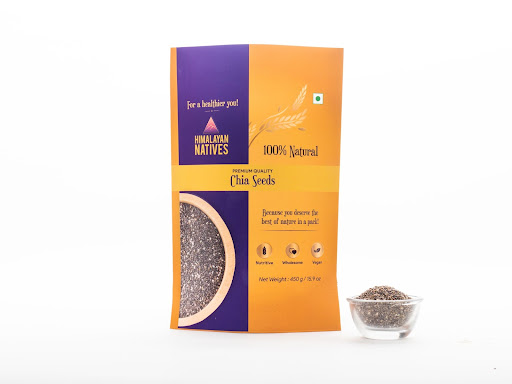
If quality and nutrition are what you’re looking for, Himalayan natives have the most natural chia seeds. Our chia seeds are high in high-quality protein; in fact, they comprise 14% protein by weight. They're also high in fiber and contain a lot of antioxidants. Chia seeds are quite simple to integrate into one's diet. Because the seeds themselves are bland, they can be used in almost any recipe.
Conclusion
Vegans have access to a variety of plant-based protein sources. Protein requirements vary depending on a person's age, gender, and level of activity. One must consume enough proteins as per their body requirements to lead a healthy life. It takes some forethought to go on vegan or vegetarian diets.
People who avoid animal-based food products
People who avoid animal products can still eat balanced meals that keep their bodies healthy. By eating the right protein-based plant food it is also possible to lower their risk of certain diseases. Also check out our post about the myth vs fact of Almond on our Instagram!
 HELPFUL0 people found it helpful
HELPFUL0 people found it helpful
Related Blogs
Subscribe to Our Blogs
and never miss on the latest update!







